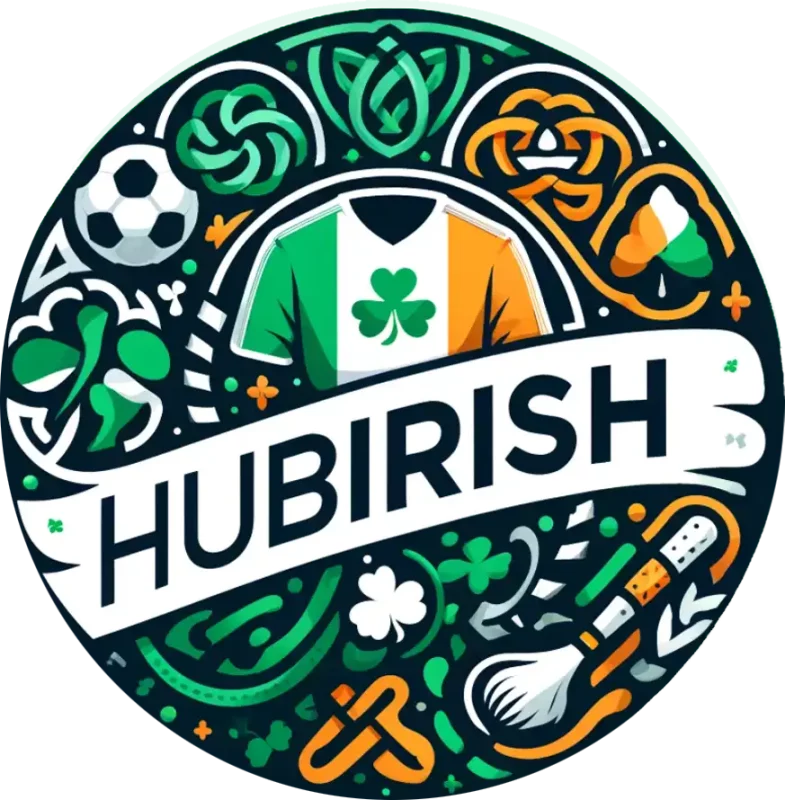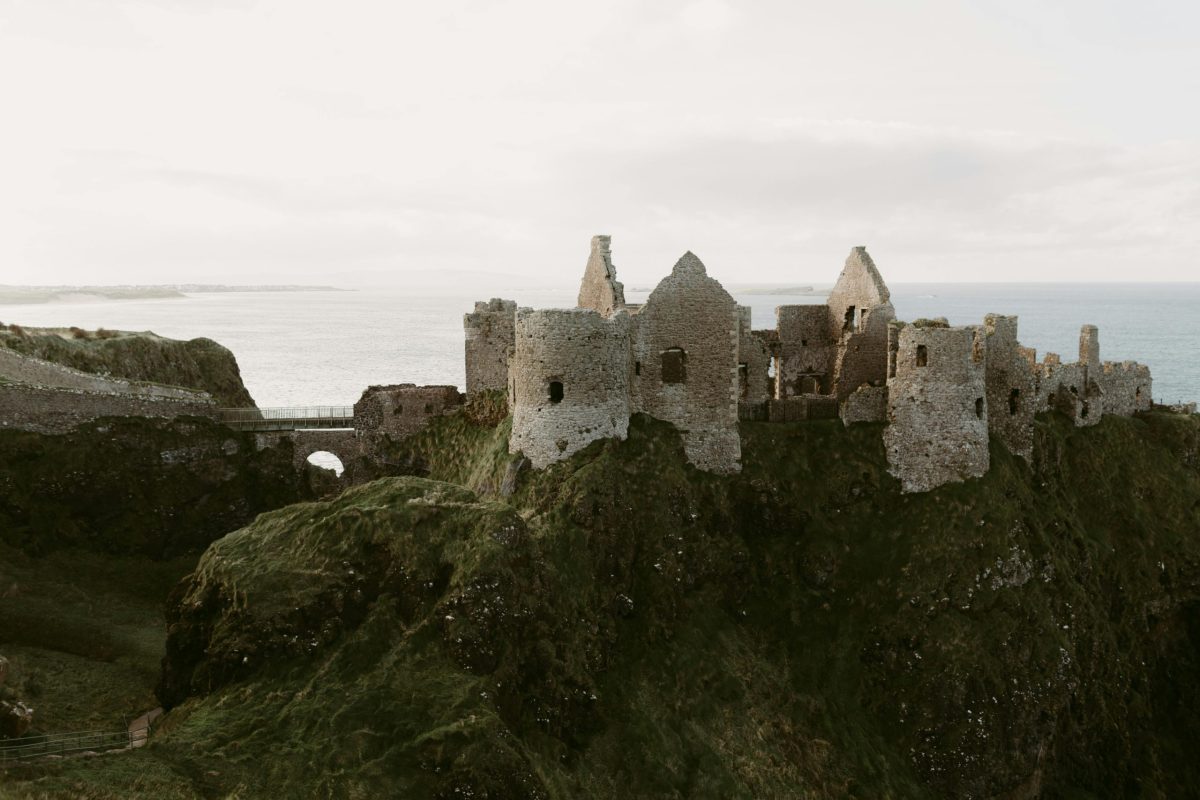Uncategorized
The Women of 1916: Unsung Heroes of Modern Ireland
The Forgotten Revolution: How the Women of 1916 Shaped Modern Ireland and Were Erased from History
Estimated reading time: 5 minutes
Key Takeaways
- Women played a pivotal role in the 1916 Rising, challenging traditional gender roles.
- Historical narratives have often overlooked their contributions, only focusing on male figures.
- The legacy of these women continues to inspire modern social justice movements.
Table of Contents
Introduction
The Heart of the Story
The Wider Echo
The Now & The Next
Did You Know?
FAQs
Final Word
Introduction
There it was, the clamor of battle, the thundering of hope against the backdrop of despair—a kaleidoscope of gunfire and dreams. In the heart of Dublin, a revolution unfurled in 1916. Not just men with rifles and voices echoing the past, but women—fearless, fierce, and all but forgotten in the annals of history. This is their story, drenched in sorrow, courage, and indomitable spirit; a tale yearning for its rightful place in the narrative of a nation born from rebellion.
The Heart of the Story
In April 1916, as the sun rose over Dublin, a group of women stood shoulder to shoulder with their male counterparts, fueled by the echoes of a thousand generations. Constance Markievicz, an aristocrat turned revolutionary, was among the first to take up arms. Her unyielding belief in the cause was not merely a battle for Irish independence but for women’s rights. Ella Young and Mabel McConnell joined her, casting aside pudgy expectations of femininity in pursuit of freedom. Historical accounts sketch these heroines as mere shadows, but they were the heart and soul of the uprising, resilient like the wild Irish rose.
The Wider Echo
The ripple effect of their courage cascaded through Ireland’s veins, igniting a flame for future generations. Yet, as history often does, it dimmed their contributions, favoring stories of men and bullets over the voices that crafted the message. Women like Grace Gifford, who married her fiancé in this makeshift battlefield of life and death, penned a poignant reminder that war was not merely a physical struggle. “I am not afraid,” she would write. Her words echo in the hearts of young activists today, reminding us that true revolution is not only about arms but hearts, minds, and spirits. Women bore the brunt of loss, and their fight forged the road to suffrage and equality in Ireland.
The Now & The Next
Today, as we navigate the stormy seas of social justice, we must rekindle their flame, drawing connections from the past to the present. From housing crises in Dublin’s tenements to the inclusive discussions on feminism aboard an Irish ship of state, we carry their legacy. The issues they tirelessly advocated for—equality, representation, autonomy—are reborn in the protests echoing through Ireland’s cities. Each march, each voice raised in solidarity, reminds us that the fight isn’t over. We owe it to them to amplify their story; to stop erasing the women who dared to dream a nation anew.
Did You Know?
- Constance Markievicz was the first woman elected to the British Parliament, taking up the fight for both Ireland and women’s rights, yet she refused to take her seat.
- Women were active participants not only in the 1916 Rising but also throughout the War of Independence and the subsequent civil war, forging paths in a narrative often centered on men.
FAQs
What was the role of women in the Easter Rising?
Women played crucial roles, serving as combatants, medics, and logistical supporters. Their involvement in the uprising reshaped the narrative of Irish national identity. Discover more about their fight here.
Why are these women often forgotten in history?
While they contributed significantly to the independence struggle, historical narratives primarily focused on male leaders. It took decades for their stories to emerge from the margins; today, they are celebrated as pivotal figures in Irish history.
Final Word
As we raise our glasses and toasts to those who came before us, let us not forget the courageous women who wrote the chapters of our revolution with heart and pain, passion and hope. They fought for a freedom beyond the battlefield—a freedom interwoven with the fabric of our modern identity, reminding us that we are a tapestry of stories untold. If you carry the same pride we do, you’ll find a piece of home waiting at
HubIrish.com.

